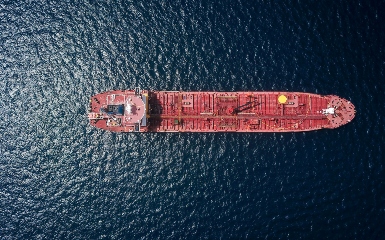
The International Maritime Organization has issued resolution MSC.553(108) with amendments to the 2011 ESP Code: Certification by hull inspection firms. The amendments will come into force on January 1, 2026.
These changes specifically focus on the approval and certification processes for firms that conduct thickness measurements of hull structures. Hull thickness measurements are essential for determining the structural integrity of ships and ensuring their safe operation. The amendments apply to different types of bulk carriers and oil tankers, and aim to ensure that the firms responsible for these Continue reading “IMO amendments to the ESP Code: Certification by hull inspection firms”










